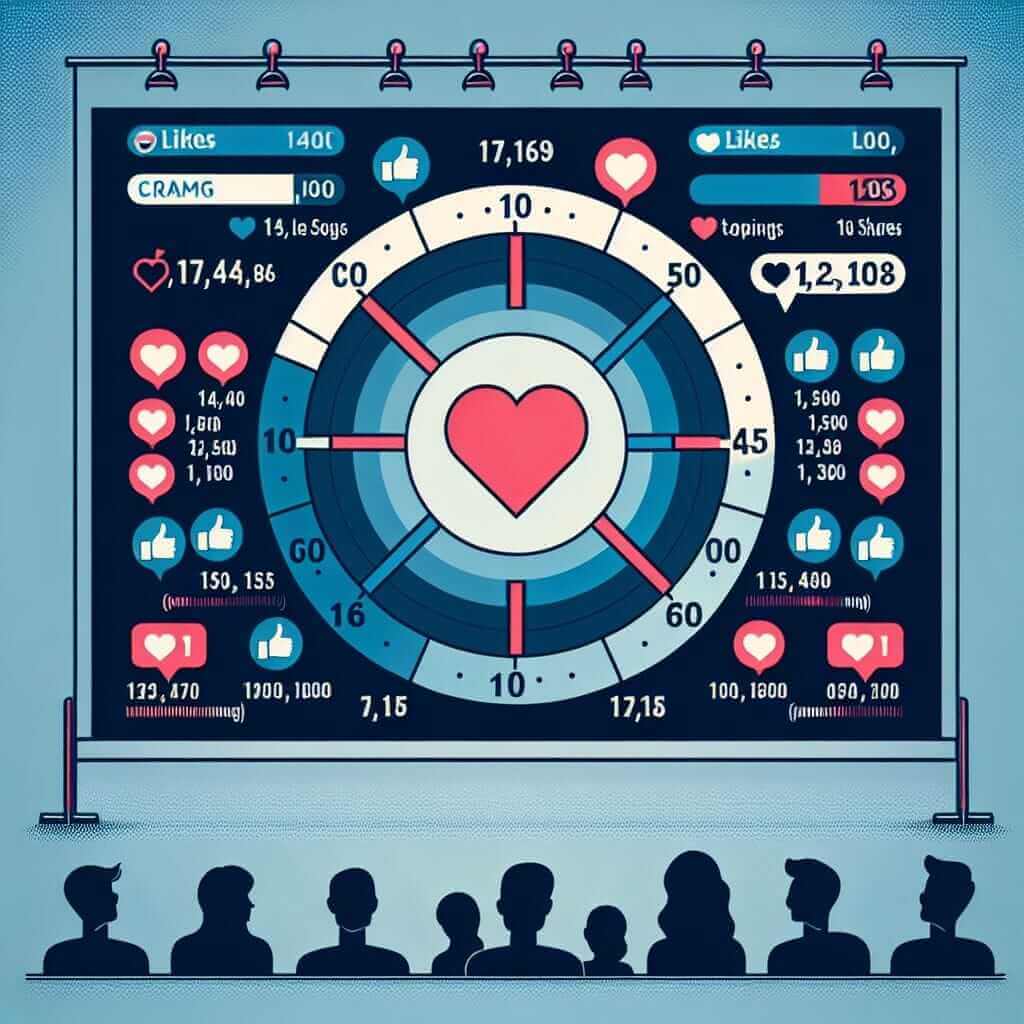The IELTS Speaking test assesses your ability to communicate effectively in English. It consists of three parts: Part 1 – Introduction and Interview, Part 2 – Long Turn, and Part 3 – Two-way Discussion. Examiners evaluate your fluency and coherence, lexical resource, grammatical range and accuracy, and pronunciation. Among common topics, describing a time when you made a mistake appears frequently. Here, we’ll explore how to tackle this question effectively to score high, along with specific examples and key phrases that can impress examiners.
Part 1: Introduction and Interview
Common Questions in Part 1
In Part 1, examiners often start with general, familiar questions. Here are some examples:
- Can you tell me about yourself?
- What do you do for a living?
- Have you ever made a mistake at work or school?
Sample Answer
Question: Have you ever made a mistake at work or school?
Answer: Yes, definitely. Everyone makes mistakes sometimes. One instance I remember vividly was during a group project at university. I was responsible for compiling our final report. Unfortunately, I overlooked a crucial part of the data analysis section. When we submitted the report, our professor pointed out the omission. It was a learning experience for me, emphasizing the importance of thoroughness and double-checking work.
Part 2: Long Turn
Cue Card Example
Describe a time when you made a mistake. You should say:
- What the mistake was
- When it happened
- How you discovered it
- And explain how you felt and what you learned from it
Sample Answer
One mistake that stands out in my memory occurred during my internship at a marketing firm two years ago. I was tasked with creating a social media campaign for a new product launch. Excited and eager to impress, I rushed through the planning phase and didn’t thoroughly research the target audience. When the campaign went live, it didn’t resonate with our audience at all, and the engagement was disappointingly low.
I discovered the mistake when my supervisor reviewed the campaign’s performance. She pointed out that the content was too generic and didn’t address the audience’s needs. I felt embarrassed and disheartened by the critique. However, my supervisor’s feedback was invaluable. I learned the importance of taking the time to research and understand the audience before launching any campaign.

Since then, I’ve become much more diligent in my work. This experience taught me that mistakes are valuable lessons in disguise, helping us grow both professionally and personally.
Follow-up Questions
- How do you usually handle mistakes?
Answer: I try to remain calm and analyze the mistake objectively. I then come up with a plan to rectify it and ensure it doesn’t happen again. - Do you think making mistakes is an important part of learning?
Answer: Absolutely. Mistakes offer a powerful opportunity to reflect and improve. They often highlight areas where we need more knowledge or practice.
Part 3: Two-way Discussion
Examiner’s Possible Questions
- Why do you think people make mistakes?
- Can mistakes sometimes lead to successful outcomes?
Sample Discussion
Examiner: Why do you think people make mistakes?
Candidate: In my opinion, mistakes are often the result of human limitations. Factors like stress, lack of experience, or simply the complexity of a task can lead to errors. I also believe that expectations of perfection can sometimes make us more prone to mistakes.
Examiner: Can mistakes sometimes lead to successful outcomes?
Candidate: Absolutely. I believe that many innovations have resulted from initial mistakes. For example, penicillin was discovered by accident when Alexander Fleming noticed that mold had killed bacteria on a petri dish. Mistakes can lead us to explore new avenues and discover unforeseen solutions.
Key Vocabulary and Phrases for High Scores
To achieve a high band score in IELTS Speaking, it’s essential to use a range of vocabulary and idiomatic expressions. Here are some useful words and structures for the topic:
Vocabulary
- Crucial (adj.) – /ˈkruːʃəl/: Extremely important or essential
- Example: It was a crucial part of the project.
- Overlook (v.) – /ˌoʊvərˈlʊk/: Fail to notice something
- Example: I overlooked an important detail.
- Resonate (v.) – /ˈrezəˌneɪt/: To produce a positive feeling, response, or opinion
- Example: The message didn’t resonate with the audience.
- Disheartened (adj.) – /ˌdɪsˈhɑrtənd/: Discouraged or depressed
- Example: I felt disheartened by the feedback.
Phrases
- Learning experience: An experience from which one learns something valuable
- Example: The mistake was a learning experience.
- Invaluable feedback: Extremely useful criticism or advice
- Example: My supervisor’s feedback was invaluable.
- In disguise: (Used to describe something that seems bad at first but ultimately is beneficial)
- Example: Mistakes are valuable lessons in disguise.
Tips for Practice and Success
- Practice Regularly: Consistent practice helps improve fluency and coherence. Use a timer and practice speaking on various topics.
- Record Yourself: Recording your answers can help you analyze your pronunciation and identify areas for improvement.
- Expand Your Vocabulary: Regularly learn and practice new words and phrases. Incorporate them naturally into your speaking.
By following these guidelines and regularly practicing, you can enhance your IELTS Speaking performance and confidently handle questions like describing a time you made a mistake.